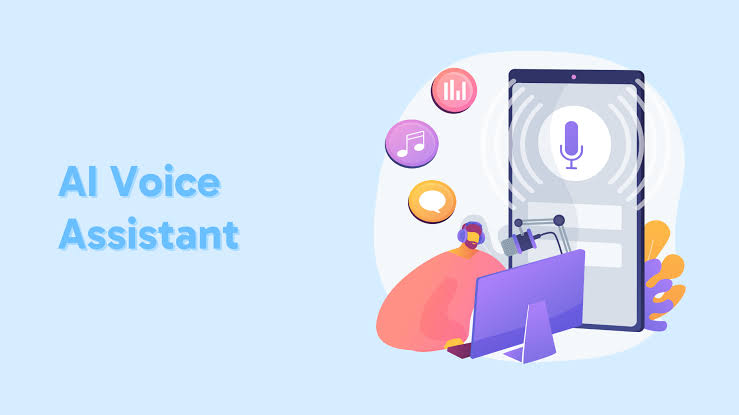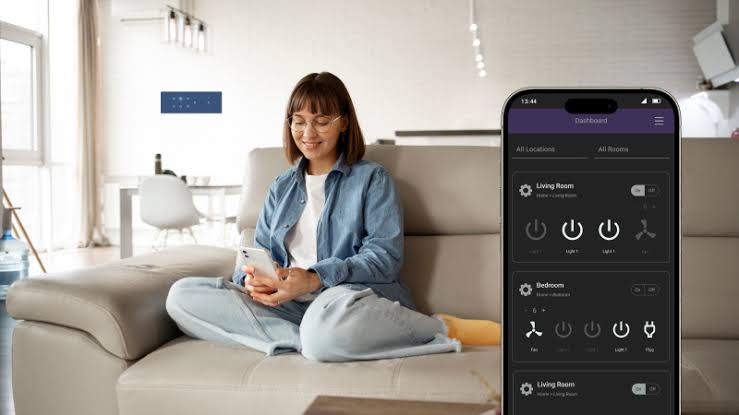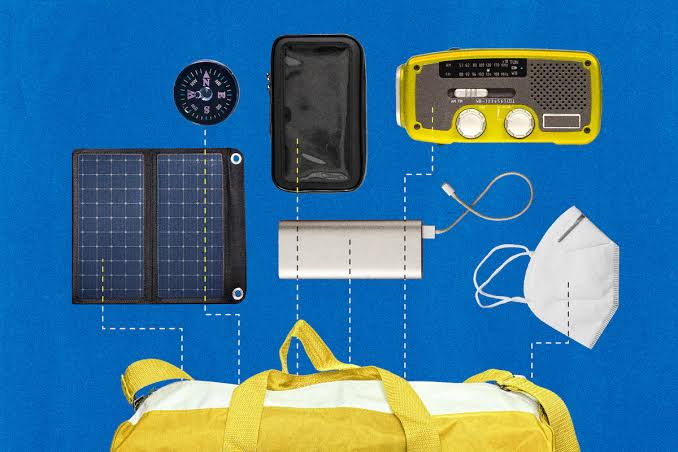Voice assistants have become an integral part of modern living, seamlessly blending convenience with smart technology. As of July 2025, these AI-powered tools are more intelligent, accurate, and versatile than ever before. Found in smartphones, smart speakers, vehicles, appliances, and wearables, voice assistants such as Amazon Alexa, Google Assistant, Apple’s Siri, and Samsung’s Bixby are now reshaping how people interact with technology in their daily routines.
What started as a novelty feature has evolved into a practical, hands-free digital companion that enhances productivity, supports multitasking, and even improves accessibility. With advances in natural language processing (NLP), machine learning, and contextual awareness, voice assistants are more responsive to individual preferences and capable of managing a wide range of everyday tasks with minimal input.
Enhancing Everyday Convenience
One of the primary benefits of using voice assistants daily is the incredible convenience they offer. Whether it’s checking the weather, setting reminders, making calls, or playing music, voice assistants allow users to perform tasks quickly without needing to pick up a device or press buttons.
For instance:
- Set alarms and timers while cooking or exercising
- Ask for quick facts, news updates, or directions
- Control smart home devices like lights, thermostats, and locks
- Manage calendars and appointments hands-free
This makes them especially useful for busy individuals who value time and multitasking efficiency.
Improving Time Management and Productivity
Voice assistants can help users stay organized by managing daily schedules and to-do lists. By simply speaking a command, users can schedule meetings, check traffic before a commute, or create shopping lists that sync across devices.
Helpful daily productivity uses include:
- Automatic reminders for tasks or medications
- Voice-to-text note-taking during meetings or on the go
- Email and message dictation while driving or walking
- Integrated workflows using services like Google Calendar or Microsoft Outlook
By streamlining these tasks, users gain back valuable time and mental energy for more complex responsibilities.
Supporting Accessibility and Inclusion
Voice technology has become a powerful tool for people with disabilities or mobility challenges. Individuals with visual impairments, limited hand dexterity, or chronic health conditions can navigate their digital environments more easily with voice commands.
Key accessibility benefits include:
- Reading aloud text messages or emails
- Voice-based control of home appliances and entertainment systems
- Hands-free operation of phones and tablets
- Dictation tools for writing documents and messages
This technology plays a crucial role in fostering digital inclusion and promoting independence for millions globally.
Personalized User Experience
Modern voice assistants learn from user habits, locations, preferences, and even tones of voice to deliver more personalized experiences. For example, over time, they can recognize individual voices in a household and offer tailored responses for each person.
Examples of personalization:
- Daily news briefings based on favorite sources
- Music playlists based on listening history
- Suggestions for travel routes based on frequent destinations
- Smart home automation routines triggered by voice commands, such as “Good night” turning off lights and locking doors
This ability to anticipate needs and adapt to individual lifestyles enhances the user experience in subtle but meaningful ways.
Entertainment and Leisure Enhancement
Voice assistants are widely used for entertainment purposes. Whether you’re relaxing, hosting guests, or getting ready for work, they make it easier to enjoy music, audiobooks, podcasts, or videos with simple voice prompts.
Popular entertainment features include:
- Playing music from streaming platforms like Spotify or Apple Music
- Reading audiobooks or news articles aloud
- Providing trivia, jokes, or conversation starters
- Controlling smart TVs and media centers
This hands-free control allows users to stay engaged with content without interruption or effort.
Home Automation and IoT Integration
As smart homes become more common, voice assistants are serving as the central hub for managing connected devices. From adjusting lighting and climate to checking who’s at the door via smart cameras, voice control is transforming domestic life into a more comfortable and secure experience.
Typical integrations include:
- Turning off appliances remotely
- Monitoring home security systems
- Managing energy usage with smart thermostats
- Creating customized scenes (e.g., “Movie time” dims lights and starts the TV)
Voice assistants make the Internet of Things (IoT) more accessible and user-friendly for everyday consumers.
Language Learning and Education Support
Voice assistants also contribute to lifelong learning. They can assist in language acquisition, general knowledge improvement, and even help with schoolwork for students of all ages.
Educational uses include:
- Practicing pronunciation in foreign languages
- Asking math or science questions
- Explaining historical events or facts
- Offering spelling, grammar, and definition assistance
This makes voice assistants useful for both casual learners and formal education support at home.
Enhanced Safety and Hands-Free Use
In environments where using a screen is dangerous or impractical—such as driving—voice assistants become essential. Voice-controlled navigation and communication features help reduce distractions and promote safer practices.
For example:
- Sending texts or making calls while driving
- Getting directions without taking your hands off the wheel
- Asking for help or calling emergency services in urgent situations
This hands-free capability is vital for improving safety and peace of mind across various contexts.
The Future of Voice Assistants
Looking ahead, voice assistants are expected to become even more intelligent, multilingual, and emotionally aware. Integration with generative AI will enable deeper conversations, proactive suggestions, and more human-like interactions.
Upcoming advancements may include:
- Voice assistants with emotional intelligence
- Offline operation with secure, on-device processing
- Smarter integrations across platforms, vehicles, and workplaces
- Broader support for underrepresented languages and accents
These improvements will further solidify their role as indispensable digital companions.
Conclusion
Using voice assistants daily brings numerous benefits that go far beyond novelty. They streamline tasks, enhance productivity, improve accessibility, and enrich both personal and professional lives. As voice AI continues to evolve, its role in day-to-day living will only expand, making technology feel more intuitive, inclusive, and human-centered than ever before. Whether managing a smart home, staying organized, or simply playing your favorite song, voice assistants offer a powerful, convenient way to interact with the world.




Voice assistant is good